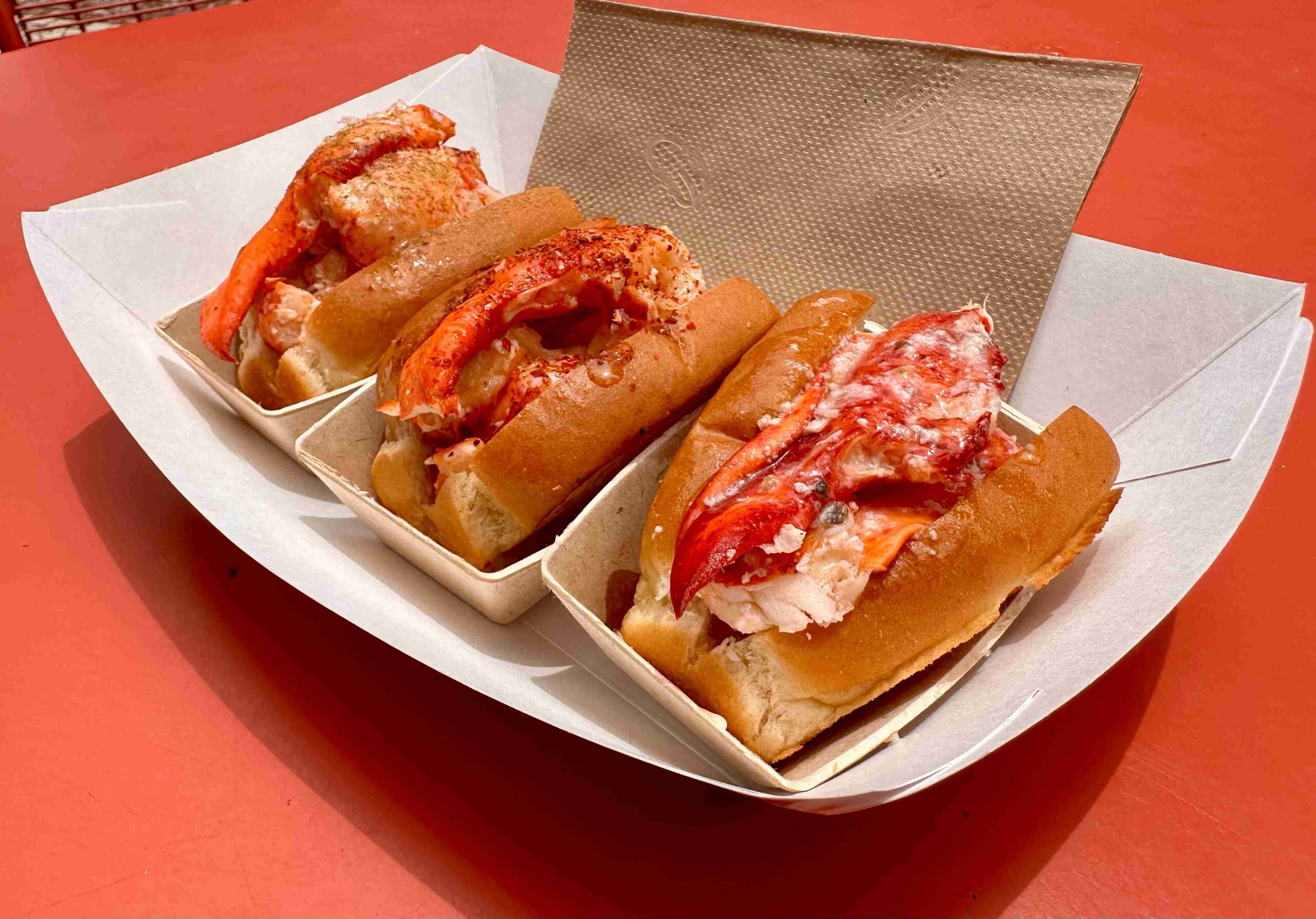The Core of the Brand: Vertical Integration and Quality
The story of Luke’s Lobster is one of remarkable growth, beginning as a small shack in New York City in 2009 and evolving into a national presence with a unique business model. At the heart of this success is the brand’s commitment to vertical integration, which allows it to maintain an unwavering standard of quality from the ocean to the customer’s plate. This hands-on approach, from the direct relationships with fishermen to the in-house seafood processing, is a cornerstone of the brand’s identity.
From Dock to Plate
Maintaining this direct relationship across a growing number of locations presents both rewards and significant challenges. Meaghan Dillon, Luke’s Lobster VP of Marketing, highlights the benefits and hurdles of this model. “One of the biggest rewards of our vertical integration is that we can stand behind the quality and sustainability of every bite of seafood we serve. Because we buy directly from fishermen we know and trust, and process everything in our own facility in Maine, we’re able to maintain incredibly high standards, from how the lobster is caught to how it’s handled and ultimately served to guests across the country. That said, the biggest challenge is scale. Logistics can get complex when you’re delivering fresh, traceable seafood across the country and still trying to support fishermen and do things the right way.”
Consistency, Community, and the “Maine Way”
This commitment to quality extends to ensuring a consistent customer experience at every location. The goal is for a lobster roll in Las Vegas to taste exactly the same as one in Portland. A big part of this consistency comes from a standardized supply chain, but just as important is the company’s investment in its people. As Dillon explains, “Consistency is everything for a brand like ours, where guests are coming in expecting that same ‘Maine shack’ experience. From an operational standpoint, that starts with having a centralized supply chain and seafood processing system. Because we process our lobster ourselves in Maine, every location gets the exact same premium-quality product. That ensures that our lobster rolls taste the same in Las Vegas as they do in Portland. But just as important is how we train and invest in our people. We train our team on “Maine Way Hospitality” and even bring all of our General Managers to Maine every spring to show them our processing facility and generally just keep everyone connected to our mission, and of course, to experience the beautiful state of Maine and the reason why we do what we do.”

Scaling Success: Overcoming Challenges and Keeping a Small Business Mindset
The journey from a single restaurant to a national brand was not without its hurdles. The brand’s ability to scale was dependent on creating its own infrastructure.
The Journey from a Single Shack
As the business grew, the initial sourcing model needed to adapt to meet the increased demand. Dillon looks back at this pivotal moment: “When Luke first started the business, he was working closely with his dad to source lobster directly from fishermen in Maine, but it was clear as the business grew that he needed to figure out a way to source on a larger scale. That meant creating our own seafood company in Saco, ME, in 2013, establishing these direct relationships with fishermen, building a processing facility, and managing our own distribution and supply chain logistics. As a result, many years later, whether we’re launching a new restaurant or entering a new grocery store, we know exactly where that seafood comes from and how it was handled.” This strategic decision was crucial to maintaining the quality that customers expect.
The Small Family Business Mentality
Despite its significant growth, the founding ethos of a small family business remains at the core of Luke’s Lobster. This mindset guides daily operations and strategic decisions, ensuring the brand stays true to its roots. “That small family business mindset is still very much at the core of everything we do. Even though we’ve grown well beyond our first shack in New York City, we’ve never operated like a faceless chain,” Dillon said. This translates into a values-driven culture focused on Taste, Community, and Ecosystem, all of which influence their choices on a daily basis.

The Menu and the Misconception
As a brand that has expanded into grocery stores and new markets, Luke’s Lobster is dedicated to educating new customers about what sets it apart.
Balancing Classics with Innovation
The brand’s identity is built on simplicity, transparency, and doing a few things exceptionally well. “Our core identity is built around simplicity, transparency, and doing a few things really well: wild-caught, traceable seafood served with care. So our traditional offerings like the classic lobster, crab, and shrimp rolls are sacred. Guests come to us expecting that iconic experience, and we want to deliver that with consistency, whether it’s their first visit or their fiftieth,” Dillon said. However, the menu does evolve to stay exciting. New items are always introduced with the brand’s core values in mind, and they often use these specials to engage with local communities and purveyors.
Educating the Customer
One of the most common misconceptions new customers have is that Luke’s Lobster is just another fast-casual seafood chain. Dillon explains how they address this: “What they don’t always realize is that Luke’s isn’t just a restaurant; we actually own our seafood company, buy directly from fishermen we know by name, and process our seafood ourselves in Maine. So when a teammate says “we source this directly,” they literally mean we — our team, not a third-party vendor. From a guest education standpoint, we keep things simple but meaningful. Our teams are trained to talk about the story behind each roll—where the seafood comes from, why traceability matters, and how choosing a lobster roll from Luke’s helps support sustainable fisheries and coastal communities.”
Looking ahead, Luke’s Lobster plans to grow with intention, always staying true to the traditions and family recipes that built its foundation while thoughtfully embracing the future through new locations and experiences.

